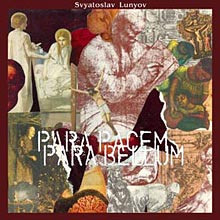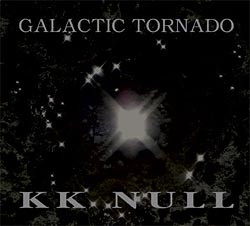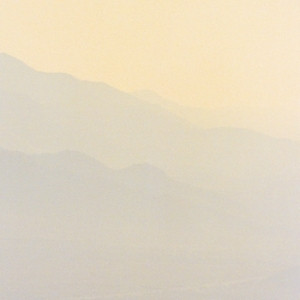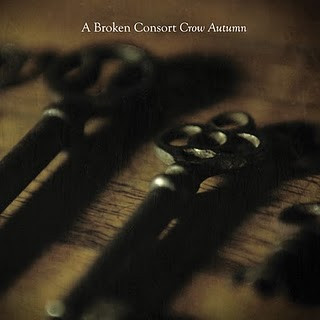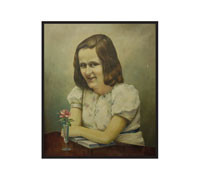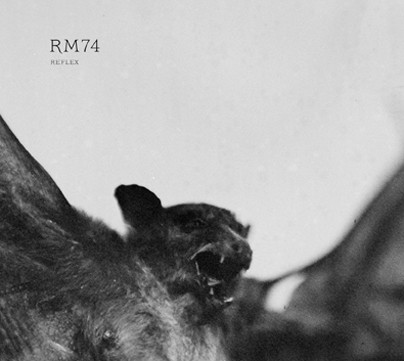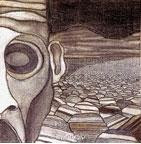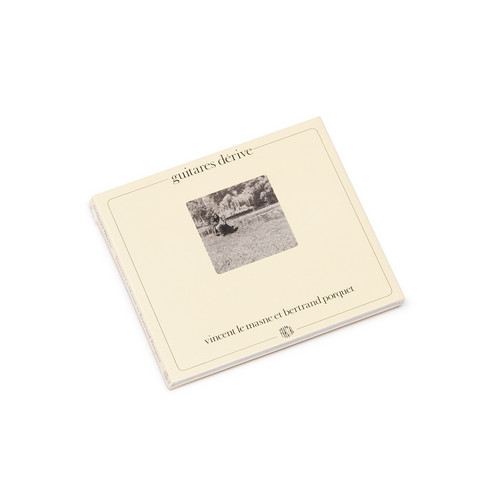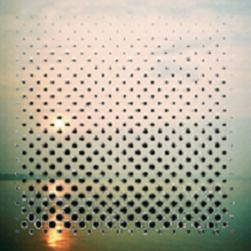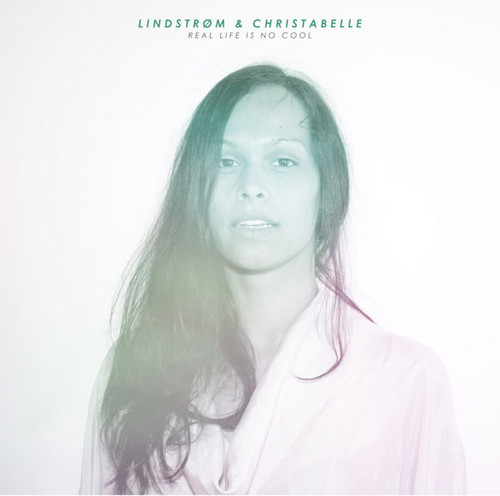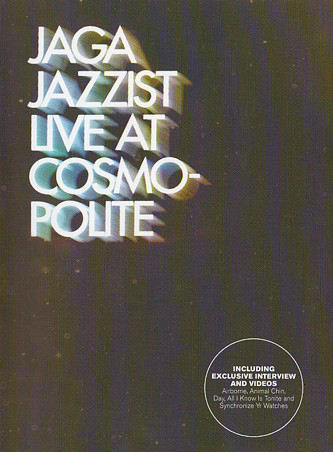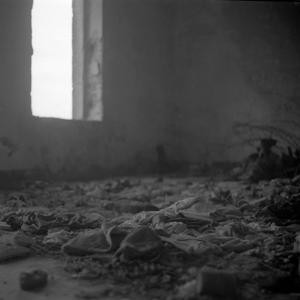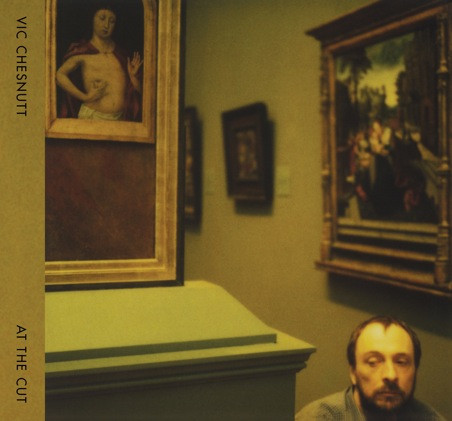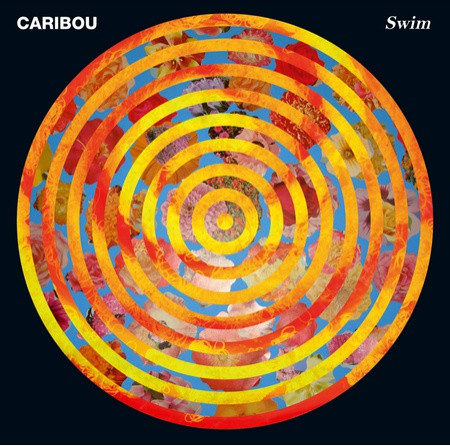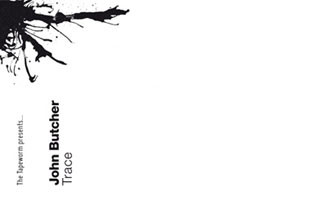Para Pacem Para Bellum
Para Pacem Para Bellum” is the first CD release with the great music of Svyatoslav Lunyov's. That serious, highly emotional and spiritual work is the result of two general methods of creating music: academic tradition (scores, acoustic instruments and playing of the real musicians) and the contemporary/experimental way (generating, synthesis, editing with computer tools). Needs to say that this electro-acoustic work combines the well-known traditional elements of the Requiem, Passions and the Ma…
Galactic Tornado
2008 release ** "The conception, the idea, realisation and sound sources of this CD are all based on original sound material (loops and sounds) from Rapoon's “Tribal Sci Fi” CD-ROM (courtesy of Sony/Sonic Foundry). Not the entire original Rapoon's tracks have been re-mixed or re-composed, but the general “sound” (or the sound aesthetic of Rapoon's music) instead. All the artists have provided their own original compositions, that less or more based on the audio-sources from Rapoon. The album “G…
Le Voyage
On 2008, Dusted’s Matthew Wuethrich wrote of last Alps LP, III: “The overall effect is anachronistic, but never nostalgic,” and that “filmic atmosphere is key to the album.” Much of the same can be said for Le Voyage, which finds the San Francisco psych-folk trio working in the same framework, exploring (what is now) familiar stylistic territory. And while this can be seen as lack of progression, the band has made an even better record here, dialing-back some of the meandering tendencies …
Crow Autumn
Richard Skelton’s work as A Broken Consort is, ostensibly, consistently and easily contextualized within a broader composer-centric scene. Nick Cave and Warren Ellis, for example, deal in similar realms of psychogeographics with their soundtrack work on The Assassination of Jesse James by the Coward Robert Ford and the like. There, the compositions render emotions on the physical plane. Landscapes and troubled faces don’t just feel alienated or manic or soul-crushingly vast. They look it.…
Apocatastisis
released 10 march, 2007. performed and recorded by michael gibbons (bardo pond) over the course of 2006 in the lemur house, apocatastisis is a meditation on restoration and awakening. an inner voyage in seven parts consisting of guitars, effects, sitar, tabla and violin. a truly special record. from a one-time pressing of 677 hand-numbered copies. housed within sleeves that were individually silk-screened by alan sherry (SIWA). all pre-orders of this release also received copies of this 500mg bo…
Self-portrait
The April edition of jazkamer's 2010 monthly CD-series. The first all-acoustic jazkamer record.
Peradam
In Rene Daumal's Mount Analogue, a peradam is described as a clear and extremely hard stone, a true crystal. It is so transparent that it is nearly impossible to see. To discover a peradam was always the result of an inner act. At said moment in time, the stone's brilliance might catch the eye of one who seeks the truth. Most peradams were found on the rough and dangerous trails up the mountain. Peradam is the result of Marcia Bassett (Zaimph, Hototogisu) and Jenny Grf (Harrius, Metalux) collabo…
Reflex
Reflex is the fifth solo album by Switzerland's Reto Mder (Ural Umbo, Sum of R, Pendulum Nisum) as RM74. A creepy, paranoid record of sinister melody and complex structure. Electronics, organ, synthesizer, guitars and other instrumentation drifts in and out of bizarre atmospherics. The tracks gain emotional resonance as they move among vexing swells of dense, rotting psychedelia. Presented in a heavy matte sleeve printed with dark metallic ink. Includes fold out insert. Photograph by Phill…
Blind Jesus
Blind Jesus by Andrew L. Hooker and Stefano Pilia debuts with a record that, according to this writer, is one of the best works of avant-rock heard recently: unravelled stuttering in the vein of Storm & Stress fall from crumbling gorges of tape loops, caracoling flights in the foreground interrupted with improvised retro-folk, wanton porno-concrète jokes arm-in-arm with strained ecstatic drones, followed by melancholic acoustic crackling, industrial creaking, soulful moans, obstacular Supreme Di…
Guitares Derive
A host of independent labels sprang up in France during the pivotal period of the 60s and 70s in the course of the cultural and musical revolution then unfolding; labels like the legendary Saravah, BYG, Futura, but also Shandar, a cult label par excellence set up in 1971 by gallery owner Chantal Darcy in collaboration with the journalist Daniel Caux (1945-2008) as artistic director. Just a glimpse at the Shandar catalogue makes one’s head spin, as all of its productions have become key musical r…
Thing
For fifteen years, Trans Am has forged a musical legacy that has consistently confounded those who would confine them to generic indie-rock labels and rather spoken for itself. Trans Am a-la 2010 is a band of veterans unafraid to contradict themselves, one that has grown stronger in its music and more confident in its identity over the course of now nine full length albums.
City of Straw
On their seventh studio album, Sightings don’t make any radical breaks from their past. Instead, Richard Hoffman, Jonathan Lockie and Mark Morgan continue the slow evolution of their vision, a sort of "industrialization" of rock. On 2007’s Through the Panama, the trio achieved their best amalgamation yet. City of Straw doesn’t really up the ante, but it stays right there. These 39 minutes run the gamut from chittering electronics to punk chaos. When saying "industrial" in reference to …
Real Life Is No Cool
As supportive as Hans-Peter Lindstrøm's fans have been of his random acts of creative fitfulness, one wouldn't blame them for feeling a bit tested by his most recent string of output. Between his brilliant but impractical 2008 long-player Where You Go I Go Too and his 42-minute refit of "Little Drummer Boy", two of the Norwegian producer's recent major releases have accounted for nearly 100 minutes of music across a scant four tracks. In a scene where an elongated 12-minute re…
Move Ground
This is based on the soundtrack of an audio video installation and basically has been constructed from field recordings of various locations around the city of Cologne. The theme is an exploration of space and acoustics with sounds of background noise mixed with new electronic sounds. It's fairly sparse and minimal and at various points I can hear the sound of my typing drowning out the record. There are certainly some interesting sounds though once things get going, particularly on side …
Phase
With the seemingly limitless mass of drone albums out there, it is tempting, even for a sympathetic listener like myself, to dismiss much of the lot as the sonic equivalent of a warm bath: immersive and pleasant but little more than a balm for overtaxed ears. With Phase, there is no such temptation. This is drone in its more intense, bracing form and it is far from soporific. The album consists of a single 39-minute piece. It is an amalgamation of recordings by Jason Kahn and Jon Mueller that we…
Live at Cosmopolite
Celebrating their fifteenth anniversary, Norwegian fusionists Jaga Jazzist present their first ever live concert DVD, filmed at Cosmopolite in Oslo on the 4th April 2005. This recording was made around the same time as the release of Jaga's What We Must, and features material from throughout their career, all replicated with remarkable levels of precision on the live stage. In addition to the excellent 80-minute concert the DVD comes with bonus features that include …
Reverie
Immune is proud to announce the release of Reverie, a brand new mini-LP release from Seattle based Rafael Anton Irisarri. These are the first new recordings from Irisarri since the Hopes and Past Desires 7” EP released in early 2009. Reverie features two brand new compositions, “Lit A Dawn” and “Embraced” on Side A and an amazing side-long interpretation of the Arvo Pärt classic “Fu?r Alina” on Side B. Irisarri has long been a student and listener of Arvo Pärt’s approach to composition an…
At the cut
Spilling over with trembling strings and thunderous crescendos, "Coward" foreshadows the electric energy that is to be found throughout Vic Chesnutt's newest record. With members of Godspeed You! Black Emperor, A Silver Mt. Zion, and Fugazi once again contributing, At the Cut is populated by giant melodies, quiet meditations, and intense studies on mortality and memory. But, for all its bombast, At the Cut is probably most notable for Chesnutt's unwavering honesty and cathartic powe…
Swim
Swim is the record Caribou mastermind Dan Snaith has wanted to bring to fruition for as long as he has been making music. A mathematics scholar and an ingenious multi-instrumentalist/composer, he surprised critics and fans with 2007’s Andorra, a brilliant, electro-tinged pop breakthrough with a timeless grace that made most year-end “Best of” lists and won Canada’s prestigious Polaris Music Prize. After the startling infectiousness of Andorra, Swim is a more complex, multi-layered affair…
Trace
Cassette-only release. Edition of 250 copies. John Butcher's work ranges through improvisation, his own compositions, multi-tracked saxophone pieces and explorations with feedback and extreme acoustics. Originally a physicist, he left academia in 1982, and has since collaborated with hundreds of musicians. He is well known as a soloist, recently exploring unusual site-specific acoustics, and has released seven albums of solo saxophone music. His tape for The Tapeworm features two contrasting per…
